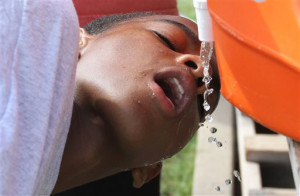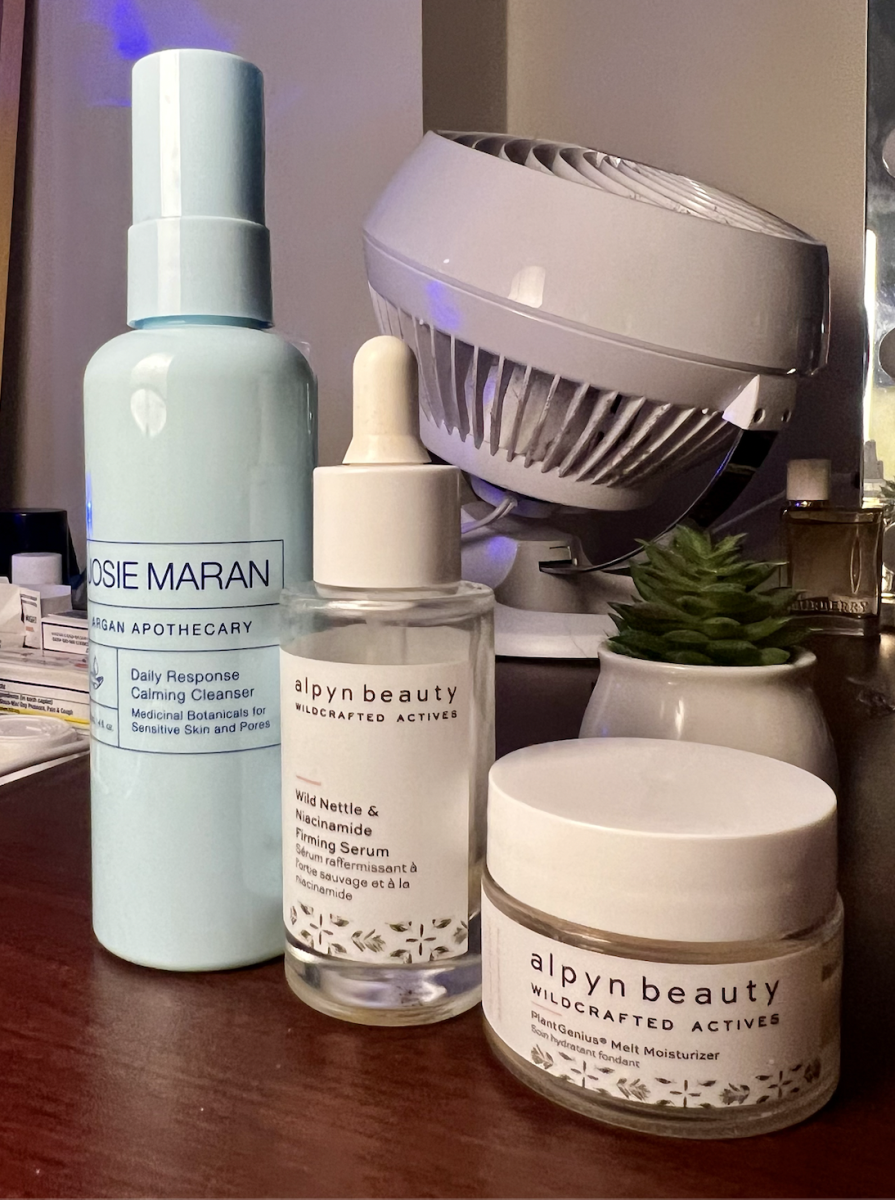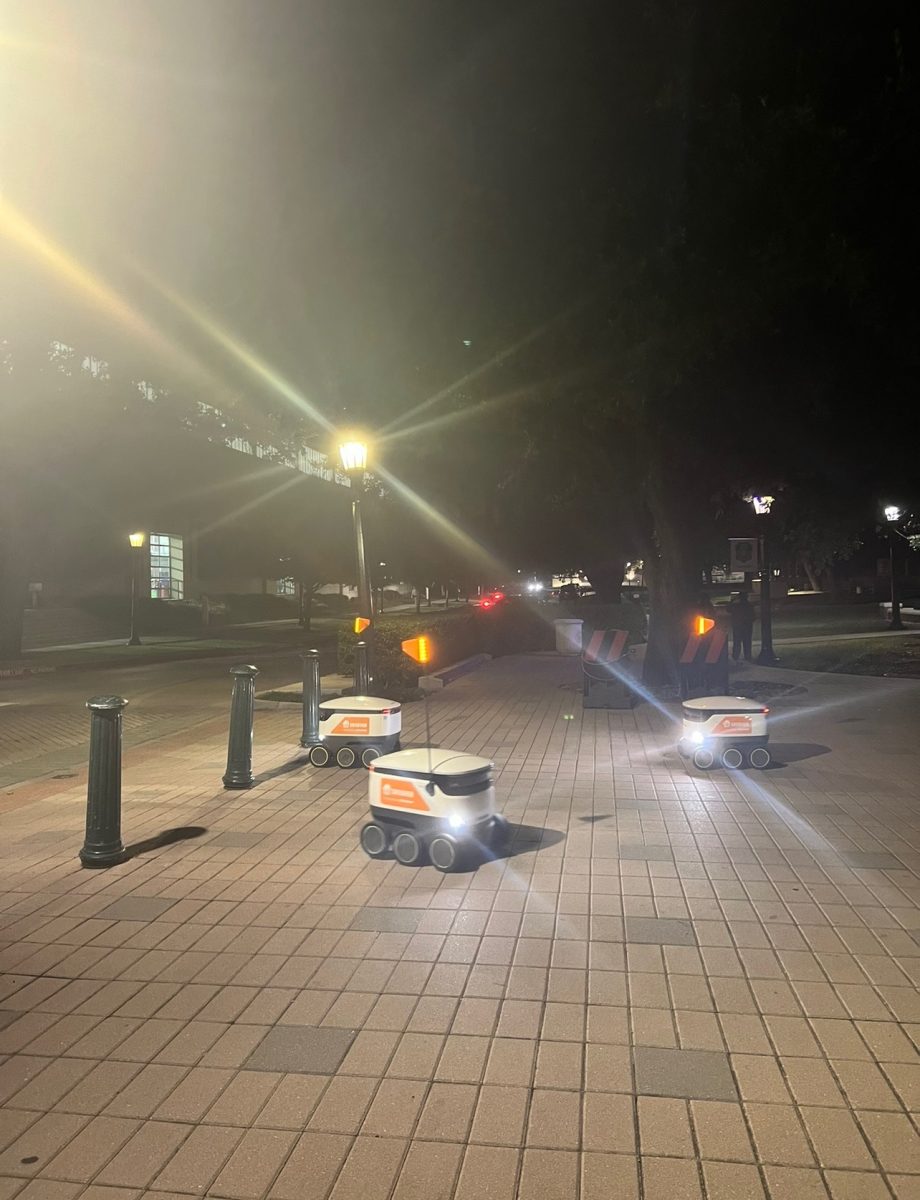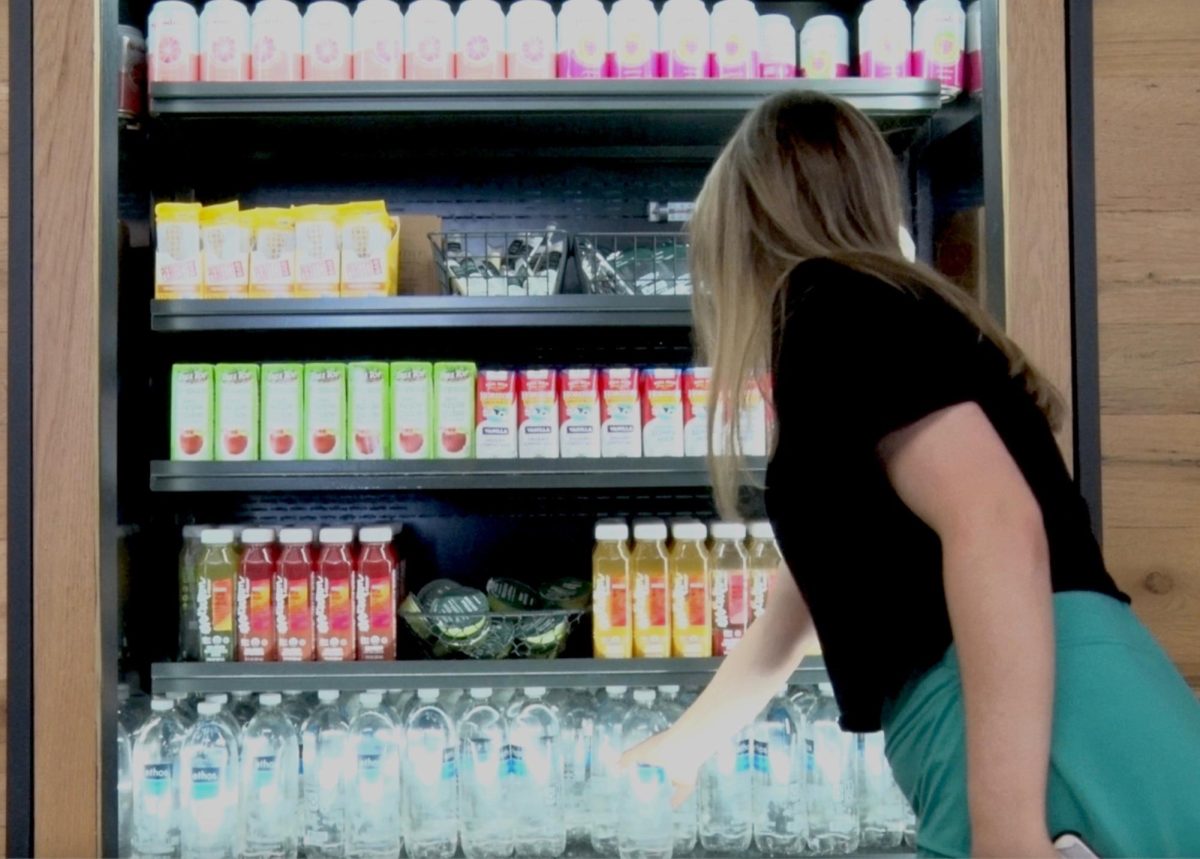
Moving into SMU’s dormitories should be a happy experience, but there may be some unexpected dangers when lugging heavy boxes from your car to your new home.
Texas is plagued with temperatures of a hundred degrees and over in August, which tends to be the hottest month of the year. New residents of Texas may be unaware of the dangers that this kind of heat can bring.
Heat exhaustion and heatstroke are serious conditions you can suffer in the hot summer heat.
From 2003 to 2008 there were 263 deaths reported among Texas residents in which the underlying cause of death was exposure to excessive heat according to the Texas Department of State Health Services.
Heatstroke can be caused by prolonged exposure to high temperatures, like those commonly felt in Dallas, or by preforming physical activity in hot weather. It is usually a result of two other heat related conditions- heat cramps and heat exhaustion.
The involuntary spasm of muscles is the first sign that the heat is starting to wear down your body. If exposure to heat is continued, heat exhaustion
may begin.
The symptoms of this condition may include heavy sweating and a rapid pulse. In order to prevent any serious heat related injury, it is important to get out of the sun and into an air conditioned building.
If the body continues to over heat, you may start to suffer a heatstroke. This occurs when the body temperature is above 104 degrees Fahrenheit. Symptoms include a lack of sweating, nausea and vomiting, flush skin, rapid and shallow breathing, a racing heart rate, headache, confusion, unconsciousness and muscle cramps or weakness.
The Mayo Clinic suggests that if you think a person may be experiencing heatstroke, seek immediate medical help. While waiting for medical attention, it is important to start cooling down the overheated person. You can do this by moving the person into shade, removing their excess clothing, placing ice packs or cold wet towels on the person’s head, neck, armpits and groin and by misting the person with water while a fan is blowing. Untreated heatstroke can cause damage to your brain, heart, kidneys and muscles. This damage only increases the longer a person is left untreated.
Sometimes there is no way to avoid being in the hot summer sun, but there are certain steps that you can take to avoid a heat related injury. Wearing light weight clothing will allow your sweat to evaporate and cool your body. It is also important to wear clothing that is white or light in color because it will absorb less light and will reflect more sunlight preventing your clothes from heating up.
Another way to prevent heat injuries is to avoid drinking alcohol or caffeine because it will affect your body’s ability to regulate its temperature. Instead drink plenty of water to replenish any fluids you might loose through perspiration. Water can also help keep your core body temperature at a more normal level.
New residents to Texas might find the heat to be more unbearable. It is important to let your body adjust to the heat. People who are not acclimated are more susceptible to heat exhaustion and heat stroke.
Don’t forget to take breaks during your move-in by unpacking boxes that are already in your new room. SMU is usually good about properly air-conditioning their buildings, so take advantage of the cool air.
Moving into a new home is suppose to be a fun and momentous occasion. Don’t let the Texas heat ruin this experience.
Be smart and listen to your body. It is usually good at telling you when you need to take a break.







